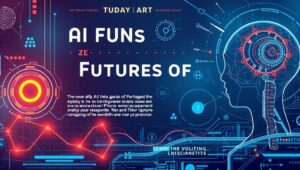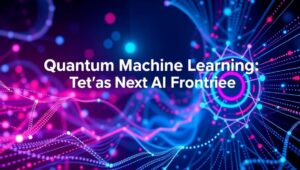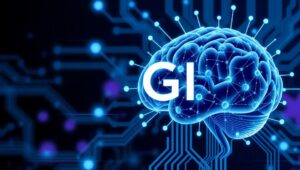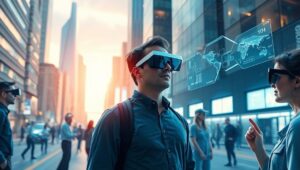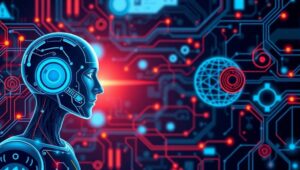May 15, 2025
The Future of AI: Predictions for the Next Decade (Post-2025)
The Future of AI: Predictions for the Next Decade (Post-2025) Artificial intelligence (AI) is rapidly evolving, and its trajectory over the next decade promises to be transformative. This article will explore key predictions for the future of AI, focusing on the advancements and challenges expected beyond 2025. We’ll delve into technological breakthroughs, ethical considerations, and societal impacts, providing a comprehensive overview of what to expect in this dynamic field. 1. Enhanced Natural Language Processing (NLP) NLP will continue to improve, enabling more seamless and context-aware interactions between humans and machines. Expect to see AI-powered virtual assistants that truly understand and
